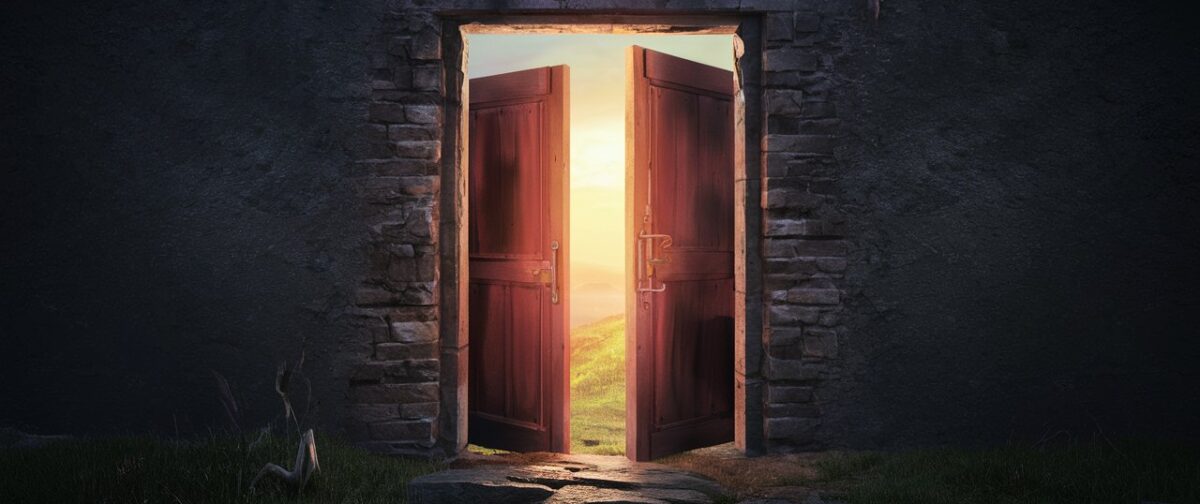
“How do you think we should decieve him?” The first demon asked.
“We could have him think he’s reincarnated,” The second demon offered.
“Too obvious. Descartes would figure out his body was an illusion if it changed several times.”
“Time is circular?”
“Ah but can a Descartes cross the same river twice? This would fail if every time he experienced the same thing he didn’t feel like the same person.”
“Well, we don’t have much time,” The second one stated. “He’s starting to doubt our whole operation.”
“Hmm, this could actually be good,” The first one declares. “Let’s lean into it.”
The demon walks over to the microphone to speak directly into Descartes’s mind’s ear, “How do you know the world exists? What if it is all an illusion by a couple evil demons?”
New puzzles flurry unto the screen projecting Descartes’s mind’s eye.
“What on earth are you doing?” The second demon interjects. “You’ll ruin everything!”
“I have an idea,” It responded and put its mouth back up to the microphone. “You think; therefore, you are. But you only be certain of your own thoughts, since that’s all you can truly know exists in this world.”
The second demon chuckled appreciatively, beginning to understand.
“God must exist, so your reasoning must come from him. And why would he give you faulty reasoning?” It paused for a few seconds for dramatic effect. “But everything else you must doubt.”
It turned and smiled towards the second demon, “We can control him now. Feed him all our ideas, and he’ll think they must be perfect reasoning rooted in the divine. Even better, he will still believe he is doubting everything, going back to ‘first principles.’ Sometimes lean into the storm, and it will blow you to even greater heights imaginable.”
(If you would like to read more short stories, you can browse them here.)

